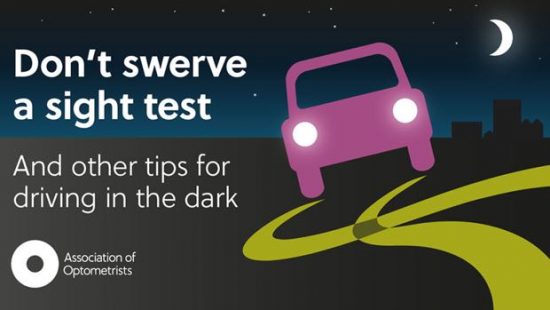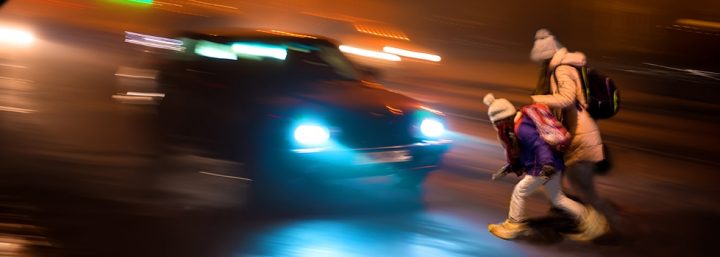 As the clocks go back an hour on Sunday, the Association of Optometrists warns drivers to take extra care on the road
As the clocks go back an hour on Sunday, the Association of Optometrists warns drivers to take extra care on the road
When daylight saving ends Sunday, drivers will spend more time in the dark.
The Association of Optometrists warned that many people don’t take driving as seriously as they should by continuing to drive with vision below the legal standard.
“An optometrist is highly trained to help tackle the challenges associated with driving in the dark, by ensuring that your vision is corrected to the highest standard. They can also identify and manage a range of eye conditions that can make visual problems worse, as well as recommend certain lens types and coatings specifically designed for driving in difficult conditions.”
The AOP’s Voice of Optometry 2020 survey results show that many people don’t realise how important good vision is for driving, and its impact on the safety of the individuals who use our roads. Key findings reveal that:
- 54% of optometrists have seen a patient in the last month whose vision is below the legal standard and is unable to meet the required standard using corrective lenses, who continues to drive
- 2% believe that they are advising more patients not to drive than previously
- 2% have had a conversation with a patient who has concerns about a family member’s ability to drive due to their vision
Dr Beasley added, “Since the survey, Eye Health UK 2 estimated that five million routine sight tests had been missed over lockdown and poor eye health could have a significant effect on your driving ability. As the days get shorter, driving in the dark presents a unique set of challenges and to help ensure you’re traveling safely, the AOP has put together tips for driving in the dark.”


